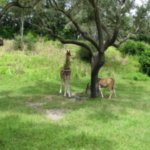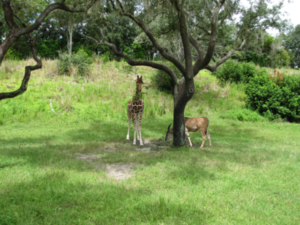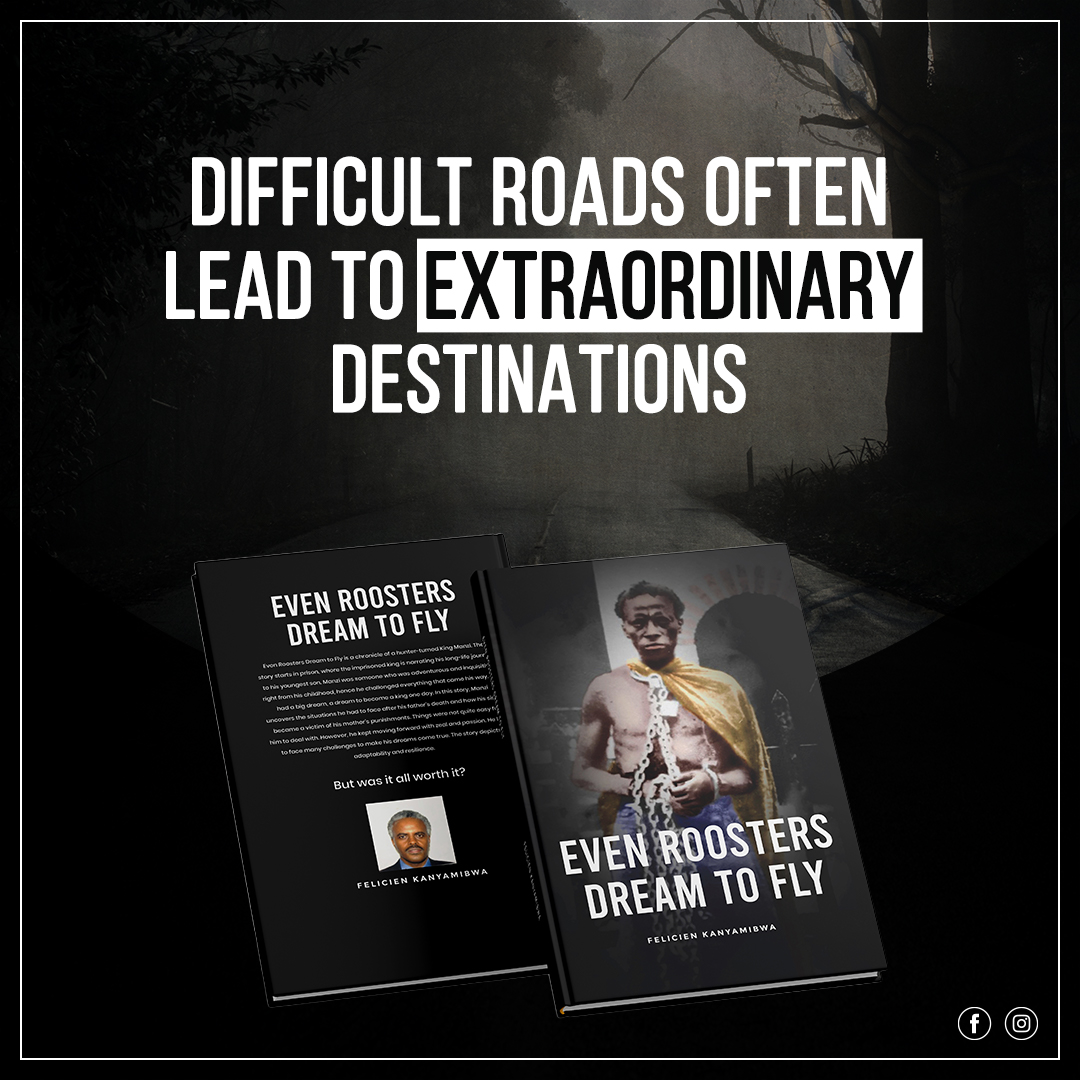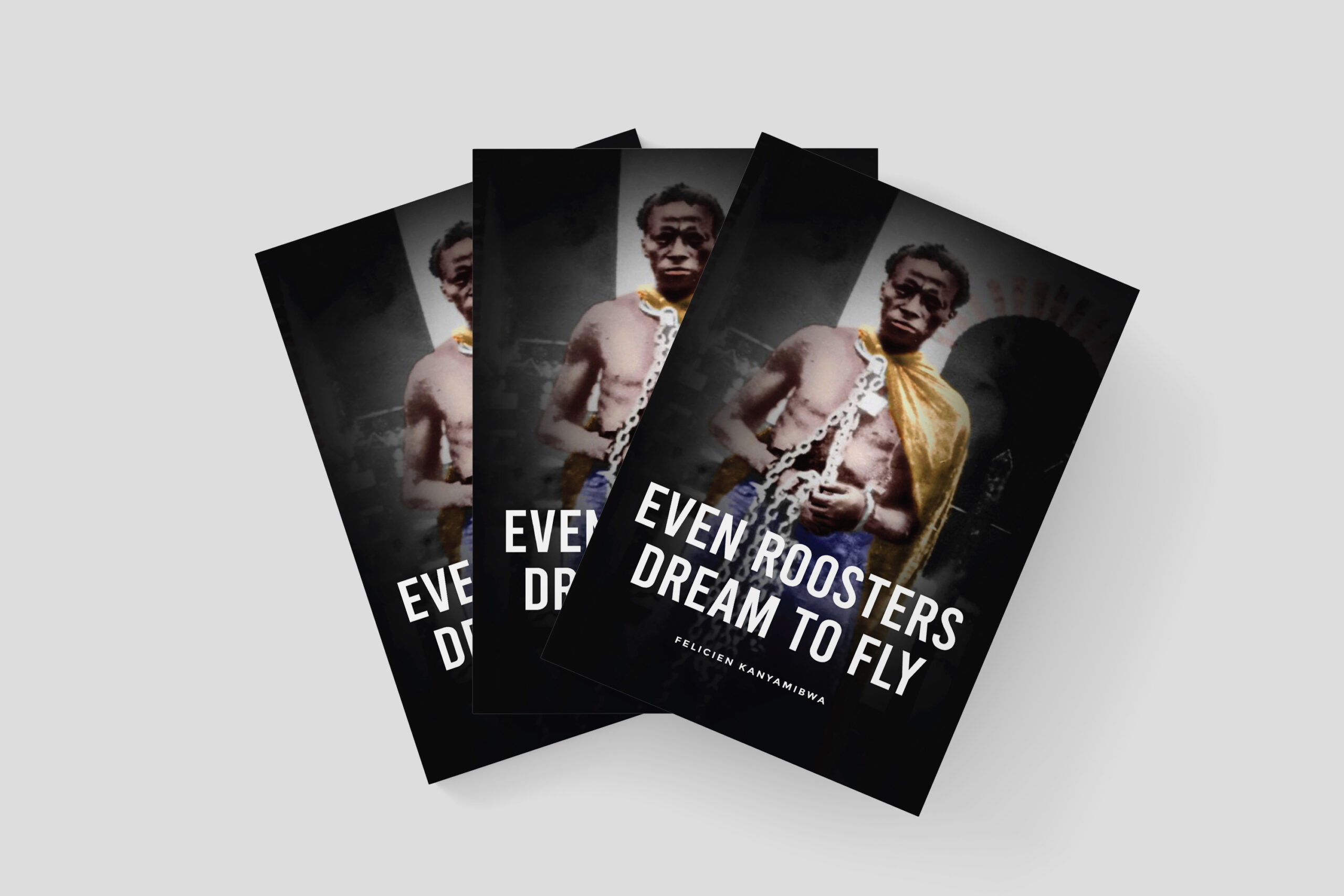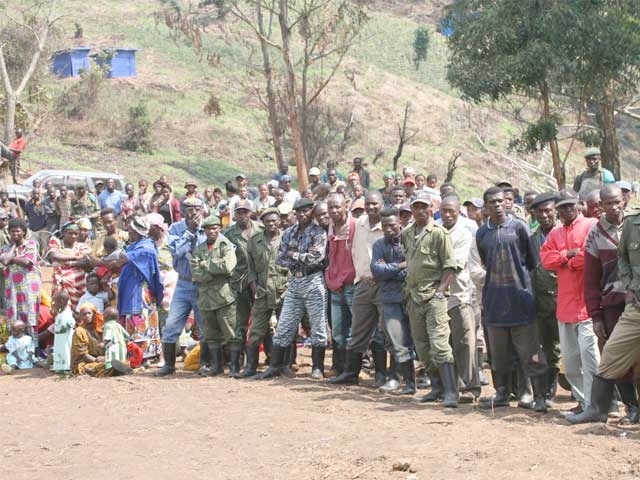
The country is recognized by Transparency International as the Least Corrupt in Africa. Its leaders have received accolades across the World for their unrelenting efforts to lead their country and its people towards sustainable development. Graced with rich minerals, especially diamond, the country also has massive natural reserves, that are home to wildlife, including giraffes, hippos, elephants, cheetahs, leopards, and endangered wild dogs. The country is Botswana.
The current president, Ian Seretse Khama, is clear about the future of Botswana: “Botswana is prepared to play a leadership role in sustainable development in Africa. The pressure on the world’s natural resources is immense and not sustainable without change and we are committed to developing the country sustainably, not with the short-term approach that leaves nothing for the future. We will not let this happen here.”
That was the focus of the motivation for his selection among the 2013 Conde Nast Traveler’s Global Visionary laureates, as announced during a dinner held at the not-yet-open-to-the-public The Marquand at 11 East 68th Street, in New York City, on September 23, 2013.
The dinner party was attended by several New York and international celebrities and billionaires, including Ian Somerhalder, Freida Pinto, Geoffrey Zakarian, French-Tunisian graffiti artist eL Seed, art dealer Jeffrey Deitch, Museum of Modern Art (MoMA)’s design curator Paola Antonelli, Botswana’s Foreign Affairs Minister Tshkedi Khama, Warby Parker founder Neil Blumenthal, and HFZ Capital Group’s Ziel Feldman. The high society of New York was there.
A Long Tradition of Justice and of Democratic Leaders.
But beyond the glamour, socialite demonstrations, and the nice speeches that focused on the conservation of the environment and sustainable development, there was something special about the event: Botswana’s leader was being honored for his push, or rather for maintaining the legacy of democracy left by his predecessors, including his late father and the first president of Botswana, Sir Seretse Kama, the country’s independence leader and President from 1966 to 1980.
According to Conde Nast, Botswana’s President Ian Seretse Kama was also honored for his “deep sense of justice”, which he recently demonstrated by “courageously withdrawing recognition of Zimbabwe’s dictatorial president Robert Mugabe in 2009 until he agreed to work with the political opposition”.
Like his father, Sir Seretse Kama, Ian Kama knows about injustice. He was born in Chertsey, Surrey, United Kingdom, while his father was exiled due to the opposition by the colonial government and the emergent apartheid regime in South Africa to his marriage to Lady Ruth Williams Khama, a white woman. The white woman is Ian Kama’s mother. Despite multiple maneuvers by the colonial powers to put hurdles in his path to the point of trying to strip him of his rights to the throne of his tribe, Sir Seretse Kama ultimately became the first post independence leader. It is with his strong democratic leadership that Botswana is what it is today. He steadfastly upheld liberal democracy and non-racialism in the midst of a region embroiled in civil wars, racial and ethnic tensions and corruption. Result: between 1966 and 1980 Botswana had the fastest growing economy in the world.
When he left power, he was succeeded, not by his son, but by the Vice-President, Quett Ketumire Masire. Quett Ketumire Masire was not appointed by a dictator; he was elected, according to the Constitution, by a secret ballot at the National Assembly, five days after the death of Seretse Khama.
After 18 years in power, Quett Masire voluntarily stepped down in 1998. Since then, Sir Ketumile Masire has been involved in numerous diplomatic initiatives in a several African countries, including Rwanda, Nigeria, Ethiopia, Democratic Republic of the Congo, Lesotho, Malawi, Mozambique, Ghana, and Swaziland.
Sir Ketumile Masire is also a founding member of the Global Leadership Foundation, an organization which works to support democratic leadership, prevent and resolve conflict through mediation and promote good governance in the form of democratic institutions, open markets, human rights and the rule of law.
Will Botswana Leaders Serve as Example to African Dictators?
Sir Ketumile Masire’ successor, Festus Gontebanye Mogae, only served two terms from 1998 to 2008, according to the constitution, and then retired. Gontebanye Mogae was awarded the Grand Cross of the Légion d’honneur by French President Nicolas Sarkozy on 20 March 2008 for his “exemplary leadership” in making Botswana a “model” of democracy and good governance.
In 2008, Gontebanye Mogae won the 2008 Ibrahim Prize for Achievement in African Leadership, and will receive US$ 5 million over 10 years and US$ 200,000 annually for life, thereafter. The Mo Ibrahim Prize for Achievement in African Leadership is awarded by the Mo Ibrahim Foundation to African heads of state or government who deliver security, health, education and economic development to their citizens, and who democratically transfer power to their successor.
Now that Seretse Ian Khama is following in the footsteps of his predecessors, and is ensuring that Botswana continues on its path of stability and prosperity, with peaceful, just, and democratic institutions, he may be the next star leader to shine out of Botswana.
Will other African leaders follow Botswana’s leaders’ example?
©2013 AfroAmerica Network. All Rights Reserved.




